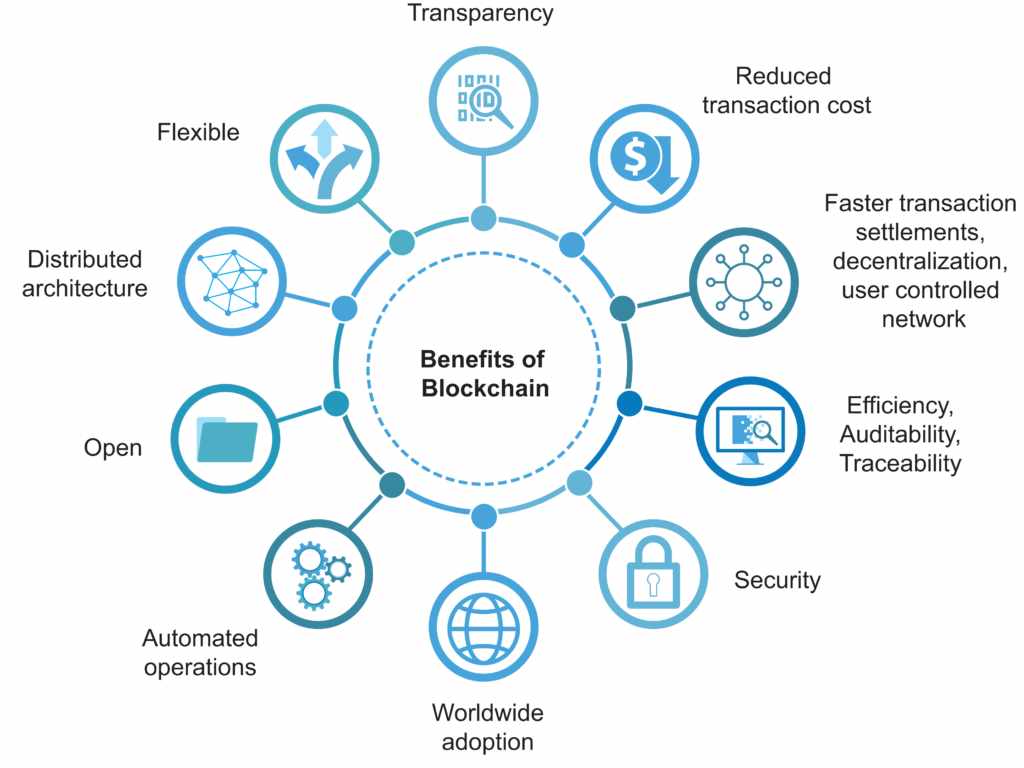In today’s interconnected world, the global commodity market plays a vital role in the economy. However, it faces challenges such as lack of transparency, inefficient processes, and high transaction costs. To address these issues, a new solution has emerged – AI-based blockchain technology.
AI-based blockchain combines the power of artificial intelligence and distributed ledger technology to revolutionize the global commodity market. By leveraging AI algorithms, this technology enables real-time data analysis, predictive modeling, and automated decision-making, leading to improved efficiency and transparency.
One of the key benefits of AI-based blockchain is enhanced traceability. With this technology, every step in the commodity supply chain can be recorded and verified, ensuring authenticity and reducing the risk of fraud. This level of transparency instills trust among market participants and helps to eliminate counterfeiting and illegal activities.
Moreover, AI-based blockchain enables smart contracts, which are self-executing agreements with predefined conditions. These contracts eliminate the need for intermediaries, reducing transaction costs and speeding up the settlement process. By automating contract execution and enforcement, this technology streamlines the commodity trading process, making it more efficient and cost-effective.
Additionally, AI-based blockchain can analyze vast amounts of data to identify patterns and trends in the commodity market. This enables market participants to make informed decisions based on accurate predictions and insights. By leveraging AI’s capabilities, traders can optimize their strategies, reduce risks, and maximize profits.
In conclusion, AI-based blockchain technology holds immense potential for transforming the global commodity market. By combining the power of artificial intelligence and distributed ledger technology, it enhances transparency, efficiency, and trust in the market. As this technology continues to evolve, it has the potential to reshape the way commodities are traded globally, benefiting market participants and the overall economy.
